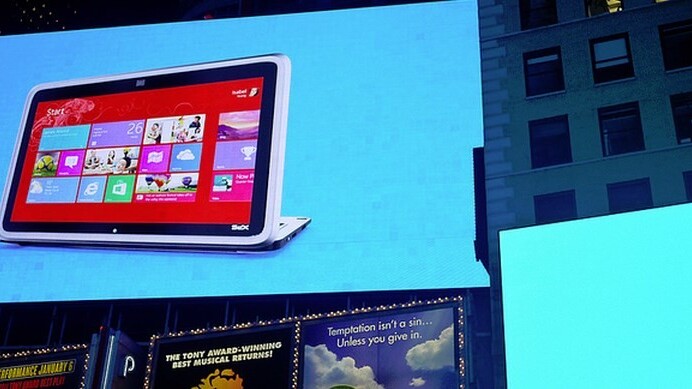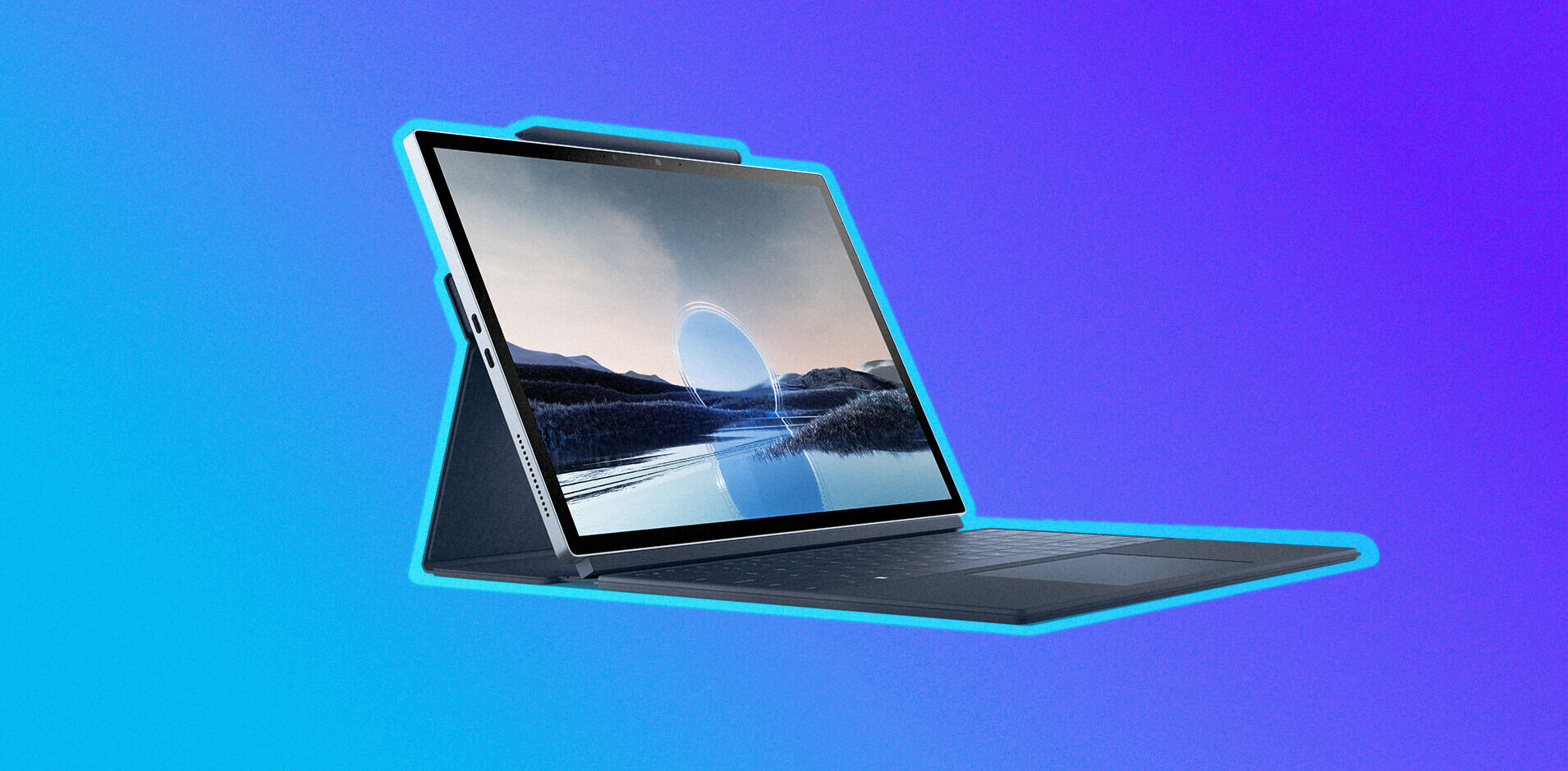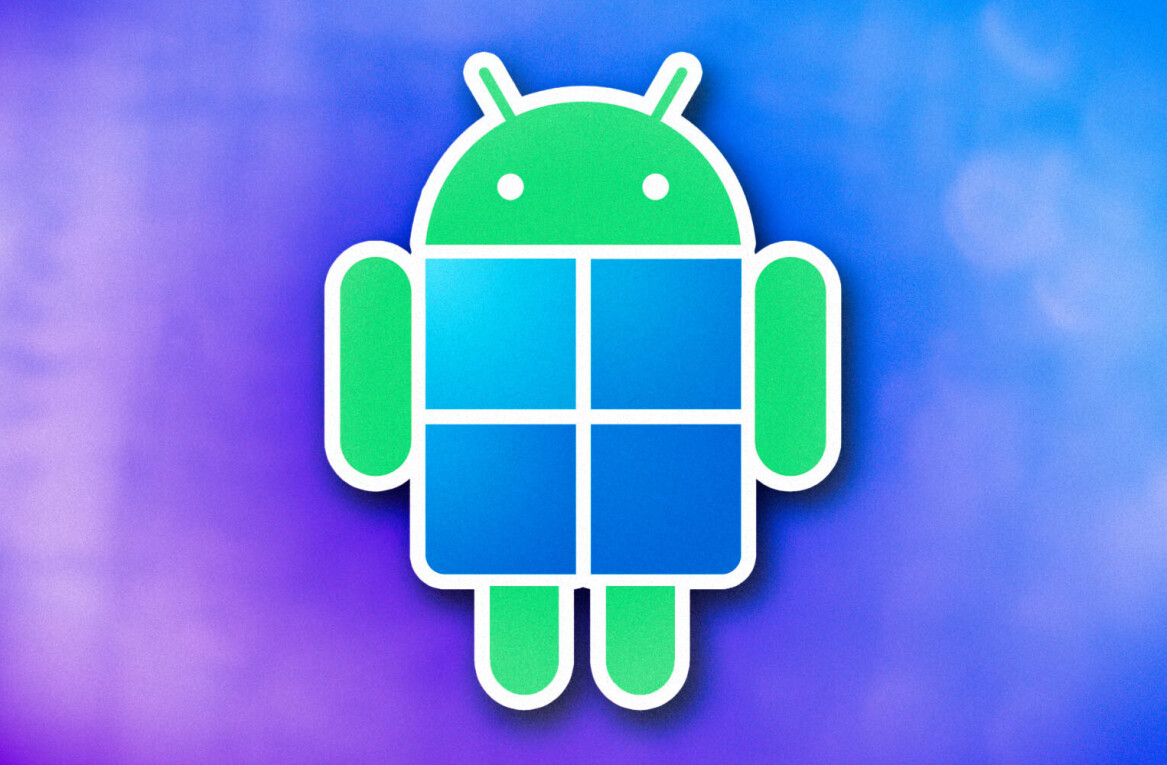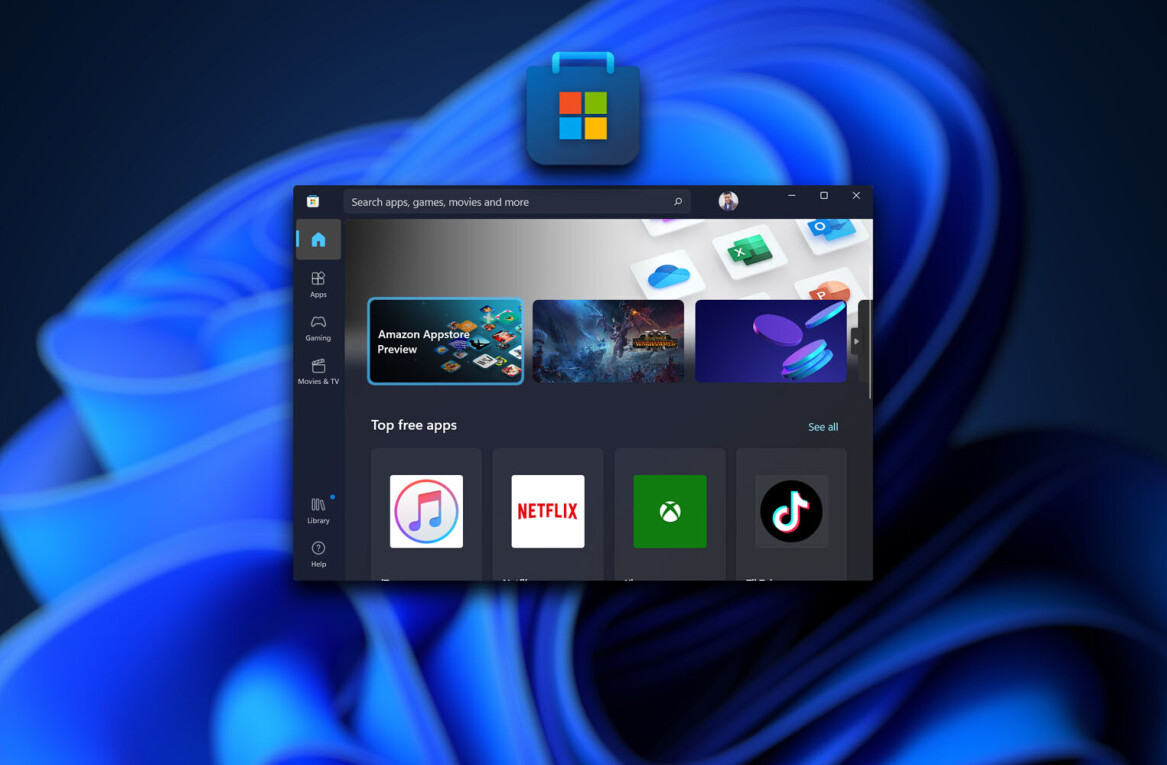
Inside a lengthy article in the Guardian, Dell admitted that early demand for its Windows 8 and Windows RT devices has been modest. The company’s Sam Burd, vice president of personal computing, stated that Dell has sold but “hundreds of thousands” of its two tablet devices that run Microsoft’s newest operating systems.
This mirrors expectations among those watching the space, given that Windows 8 has struggled to connect to consumers wary of its new interface. Microsoft has been hard at work, to its credit, to retool Windows 8, with much of that work coming to a head in Windows 8.1, which includes both feature upgrades and a general smoothing of Windows 8’s quirks.
That said, a key component of Windows-based device demand is corporate customers, and they are often the most wary concerning the adoption of new platforms. Burd commented, and this was to my surprise, that he finds potential corporate demand for Windows 8 hardware to be “pretty exciting.”
He went on to predict that perhaps “in a few years when we get to Windows 8 tablets being a third or 40% of tablet volume we can feel it’s happening.” That is an imperfect sentence, but it does indicate that in Burd’s eyes Windows 8 has an honest shot at meaningful market share.
It’s too simplistic to place the blame for slow Windows 8 hardware sales on Microsoft alone. The reality is naturally more complicated. Hardware from OEM partners to Microsoft was generally weak at the launch of Windows 8, with far too few touch-enabled systems for sale, and tight inventory for the more popular models, limiting their sales.
Microsoft at the time also did not support smaller tablets. Windows 8.1, and greatly extended touch-powered hardware should allow for higher sales of devices running the code in late 2013.
However, enterprise IT support in Windows 8 and even 8.1 remains lacking, with the Intune product viewed as overpriced by some, and perhaps underfeatured as well. Therefore, how to deploy large-scale Windows 8 systems into a corporate IT structure is a question that may not be entirely answered.
BYOD will only take Microsoft so far into its largest customers’ homes as those same corporations complete their Windows 7 transition.
Top Image Credit: Dell Inc.
Get the TNW newsletter
Get the most important tech news in your inbox each week.




